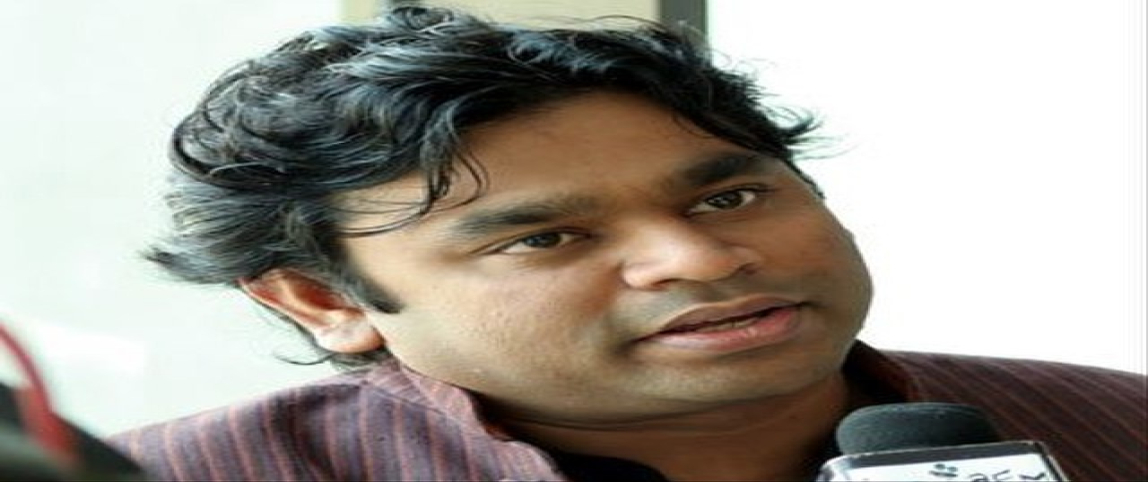The Academy Award winner, AR Rahman, is at the centre of controversy due to his recomposition of National Poet Kazi Nazrul Islam’s renowned song “Karar Oi Louho Kopat.”
Meanwhile, a legal question has been raised regarding who is to reserve Nazrul’s copyright.
The “Pippa” team claims to have had an agreement with the poet’s daughter-in-law, Kalyani Kazi, who passed away in Kolkata in May.
However, Khilkhil Kazi, the Dhaka-based granddaughter of Nazrul, expressed surprise and skepticism, stating: “My aunt or cousin, Anirban, never told us anything about such an agreement. Legally, I am not sure if Kalyani Kazi could ignore all of us and enter into an agreement saying she is the only heir.”
As both sides of Kazi Nazrul Islam’s family criticize Rahman for altering the song's essence, questions about the legal rights of Nazrul’s works have also emerged.
The copyright for Nazrul’s works is expected to expire in 2036; until then, the family holds the copyright.
The controversy also raises concerns about why Khilkhil Kazi was not informed about the agreement with the “Pippa” team.
This remake was created for Raja Krishna Menon’s Bollywood film “Pippa,” based on the 1971 Liberation War.
Nazrul wrote “Karar Oi Louho Kopat” in 1922 upon the request of Basanti Devi, the wife of Deshbandhu Chittaranjan Das, who was imprisoned then.
Chittaranjan was a prominent figure in the struggle for independence against British colonial rule and a political mentor to the legendary freedom fighter Netaji Subhas Chandra Bose.
The song was later recorded in 1949, sung by Girin Chakraborty.
While the original tune is rebellious and spirited, AR Rahman presented a mellow version, which has been perceived as a distortion by both the general public and Nazrul devotees.
Prof Dr Nashid Kamal, an eminent Nazrul exponent, translator, and granddaughter of the legendary singer and composer Abbasuddin Ahmed, expressed her discontent, stating: “I am really against this type of change in a classic song. Some of Abbasuddin’s songs, written and composed by Nazrul, had gone through this before. Nazrul was very sensitive about his work and never liked any major changes to his tune.”
“AR Rahman’s composition doesn’t portray the spirit of Nazrul Sangeet.”
She added a historical context, mentioning: “Sri Lankan musician Ananda Samarakoon committed suicide due to a change of words in his lyrics for Sri Lanka’s national anthem.”
(This article was first published by Dhaka Tribune, Bangladesh)
















